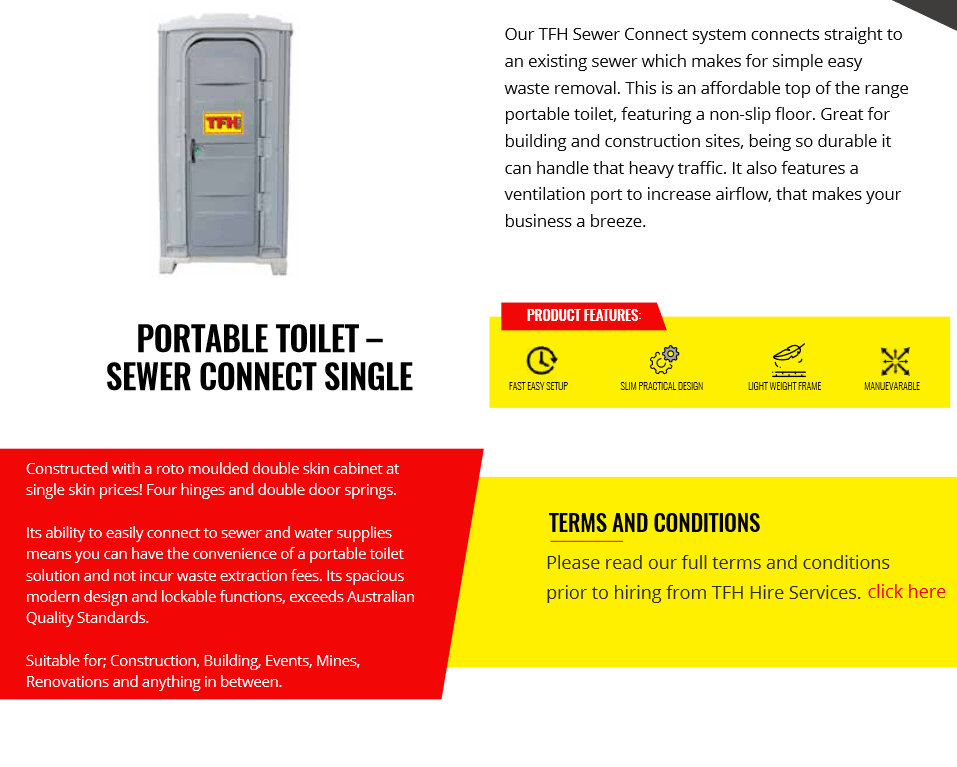7 Easy Facts About Reclaim Waste Described
7 Easy Facts About Reclaim Waste Described
Blog Article
How Reclaim Waste can Save You Time, Stress, and Money.
Table of ContentsReclaim Waste Can Be Fun For EveryoneGetting The Reclaim Waste To WorkThe Facts About Reclaim Waste UncoveredNot known Details About Reclaim Waste 10 Easy Facts About Reclaim Waste Explained
Discover the types, events, and forms of fluid waste. Residential sewage waste refers to the waste and products from a residential sewage-disposal tank. This kind of waste is developed by human beings in residences, schools, and other buildings. This only consists of sewage-disposal tanks that have a drainpipe field. The correct monitoring and disposal of domestic sewage waste call for liquid waste to be transferred to a sewage treatment plant where the correct approaches and tools are applied to purify and take care of waste.
Industrial waste typically includes potential hazards, such as combustible products or a mix of fluid and strong waste products, and requires an advanced and thorough disposal procedure. The disposal of commercial waste typically involves the purification of waste before transport to ensure secure and proper disposal. Industrial waste is developed from results and runoff of industrial processes and manufacturing.
This sort of waste can not use the exact same sewer monitoring transport or processes as septic or industrial fluids. The hazardous waste administration process needs the examination and testing of liquid waste before it undergoes the disposal process (liquid waste disposal melbourne). Runoff waste is the liquid waste that comes from runoff and excess stormwater in extremely inhabited areas or cities
Overflow waste can trigger contamination and flooding otherwise taken care of properly. Discover more regarding drain cleaning and waste administration. Making certain correct waste monitoring can protect against calamities and lower ecological damage. Both individuals in domestic settings and specialists in commercial or manufacturing markets can benefit from understanding the procedures and laws of fluid waste administration.
The Best Guide To Reclaim Waste
Call PROS Services today to discover concerning our waste administration and disposal solutions and the appropriate means to take care of the fluid waste you create.
(https://fliphtml5.com/homepage/kekhp)This so-called 'wastewater' is not only a crucial source yet, after therapy, will certainly be released to our land, rivers or the sea. Made use of water from toilets, showers, baths, kitchen sinks, washings and commercial processes is recognized as wastewater.

water made use of to cool equipment or clean plant and devices). Stormwater, a form of wastewater, is drainage that streams from agricultural and metropolitan locations such as roofings, parks, gardens, roadways, paths and seamless gutters into stormwater drains pipes, after rainfall. Stormwater flows untreated straight to neighborhood creeks or rivers, eventually getting to the ocean.
6 Easy Facts About Reclaim Waste Explained
In Queensland, many wastewater is dealt with at sewer therapy plants. Wastewater is transferred from residential or commercial websites via a system of sewers and pump stations, referred to as sewage reticulation, to a sewer therapy plant. Local governments develop, preserve and run most sewage therapy plants. Operators are accredited under the Environmental Management Act 1994 to release cured wastewater at an acceptable environmental requirement right into waterways.
The Department of Natural Resources recommends regional federal governments regarding handling, operating and preserving sewerage systems and treatment plants. In unsewered areas, local federal governments might need homeowners to install individual or house sewer therapy systems to treat domestic wastewater from toilets, cooking areas, bathrooms and laundries. The Division of Natural Resources authorises using family systems when they are shown to be reliable.
The majority of stormwater gets no therapy. In some new communities, therapy of some stormwater to get rid of trash, sand and gravel has actually started utilizing gross pollutant catches. Wastewater treatment occurs in 4 phases: Removes strong matter. Larger solids, such as plastics and various other things wrongly discharged to drains, are removed when wastewater is gone through displays.
Wastewater after that moves right into large tanks where solids resolve and are removed as sludge. Oil and residue are skimmed from the surface. Makes use of tiny living organisms called micro-organisms to damage down and get rid of staying liquified wastes and fine bits. Micro-organisms and wastes are integrated in the sludge. Eliminates nitrogen and phosphorus nutrients that could cause algal blooms in our rivers and intimidate marine life.
Reclaim Waste Can Be Fun For Everyone
Nutrient removal is not available at all sewage therapy plants due to the fact that it requires costly specialized equipment. Clear liquid effluent produced after treatment may still consist of disease-causing micro-organisms - liquid waste disposal.

A lot of wastewater flows right into the sewage system. Under the Act, local federal governments provide approvals and permits for ecologically relevant tasks (Ages) involving wastewater find out here launches that might have a local effect.
Reclaim Waste for Dummies
Tracking supplies factual info regarding water high quality and can verify that permit problems are being met. The information acquired with tracking gives the basis for making water top quality choices.
Report this page